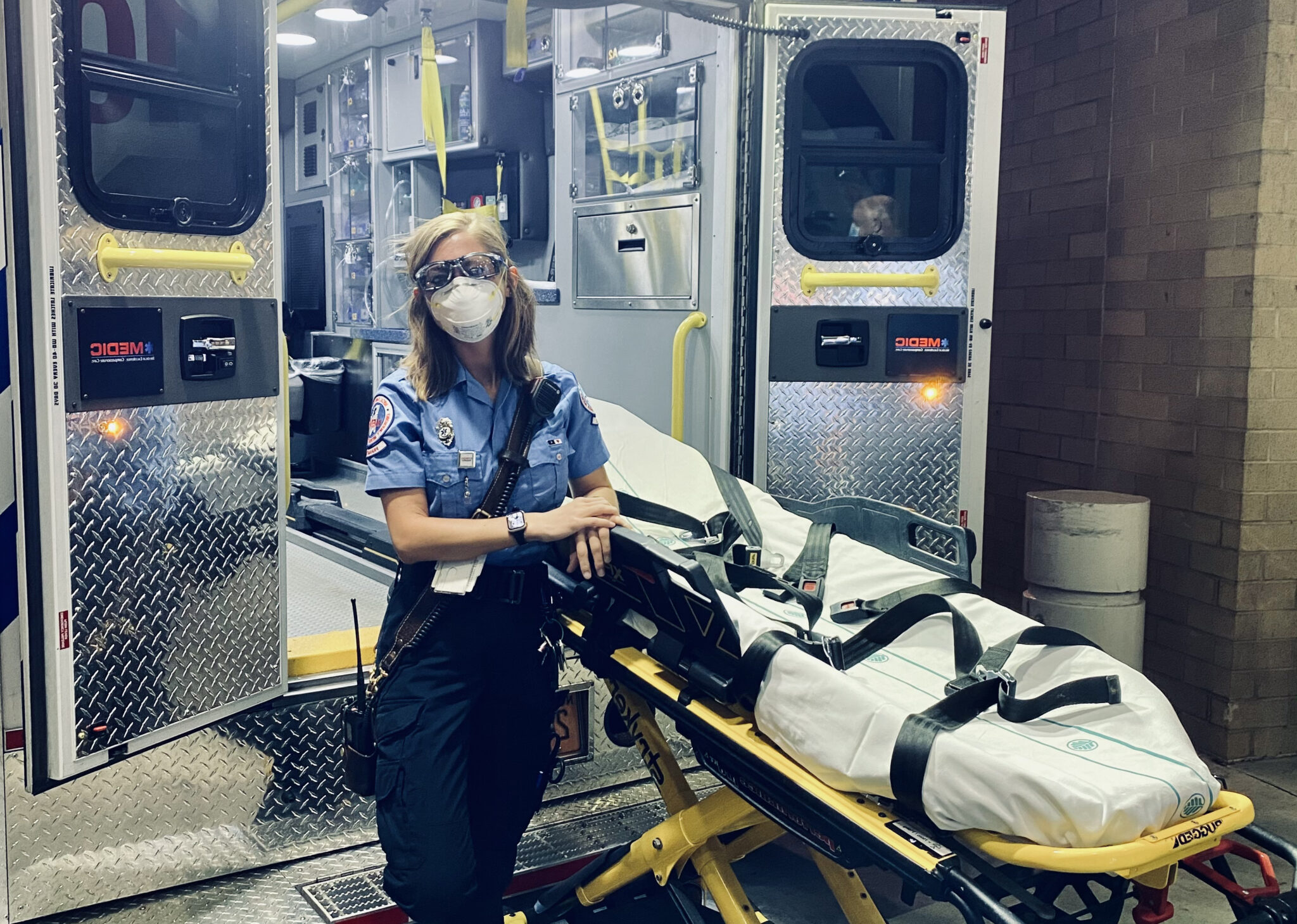
Determining Precedent in Unprecedented Times
The Quality Improvement (QI) department at Medic participates in research efforts, data collection, and analysis to understand our Agency’s needs and influences, and applies process improvement methods to maintain, expand or improve our operations. We track critical data points to understand how both internal and external changes affect our operations, and to anticipate changes to come. As our department focuses on tracking and anticipating change – specifically collaborating to recommend steps forward based on the evidence – COVID has touched nearly every part of our daily responsibilities.
The QI department aims to seek out information about critical changes occurring in our community at all times, and COVID has made this even more vital to our daily roles. Daily and weekly reports have become a central role of our QI analysts. Some of these reports offer a global and local external view of COVID: tracking cases, deaths, hospitalizations, and policy changes that have the potential to impact our operations. Other reports zoom in to focus on internal measures, variations, and potential causes of change. We have used both of these tracking methods to estimate our future call volume, identify key triggers of change, and gain a general idea of our community and employee risk. Although we could not anticipate the multitude of changes that occurred this past year, as we tracked them, we began to see patterns in human behavior, policy, and viral transmission. These patterns allowed us to quickly identify influences to our agency and community, create processes in response to these factors, and react to changes to come.
QI’s role in traditional improvement work transitioned over the last year to focus on exploring alternative ways to meet our community’s needs: including extending Alpha calls response standards, expanding the existing Omega project, investigating hospital turnaround time and hospital capacity solutions, and increasing our utilization of alternate transport destinations. Using existing data to better align with the needs of our low-acuity patients, and focusing on where we are needed most urgently, allowed us to redistribute our provider’s time more efficiently. Extending Alpha calls to utilize the entirety of our time allowance reserved resources, and expanding the Omega project allowed for non-emergent callers to receive alternative and more appropriate care. In conjunction with Atrium Health, Medic providers began initiating alternative destination conversations with patients, encouraging low acuity patients to consider transport to a free standing ED rather than a main hospital. These efforts helped us to use our time, partners, and resources as responsibly as possible, and be there for our growing number of patients when and where they need us.
In some ways, throughout this year, QI’s involvement in its three core roles- research, data analysis, and process improvement- has been amplified. It has made us act as investigators, gathering all available information on changes to our agency and community. It made us look even more critically for connections, patterns, and key determinants that might influence our operations, and it encouraged more process change and experimentation than possibly ever before. Despite the challenges and inconsistencies this year has brought, it has encouraged our department to dig deeper, remain focused, and see the opportunities that lay in the unknown.




